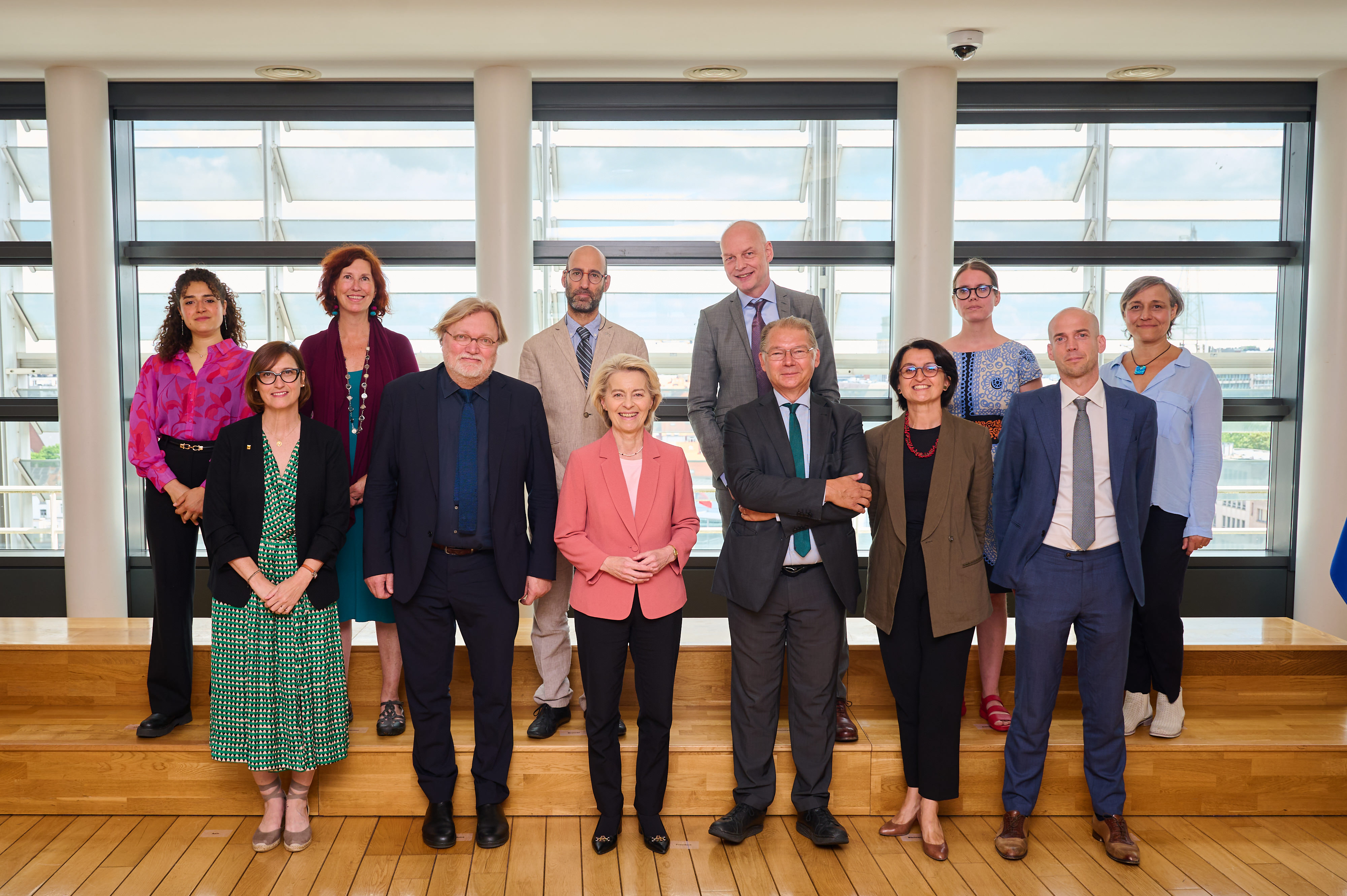Today, together with members PAN Europe and WECF, HEAL’s Executive Director Génon Jensen participated in the Implementation Dialogue on Biocides hosted by the EU Health Commissioner Várhelyi.
By Weronika Michalak, HEAL Poland Director
The EU has a unique public health opportunity with the current revision of the Ambient Air Quality Directive, and the newly elected Polish government can help ensure this. Watering the law’s ambition down with delays and exemptions would be a major, unacceptable setback for people in Poland – one of the countries with the highest economic burden to health from air pollution in the EU.
Currently the EU member states are in trilogue discussions regarding the revision of the Ambient Air Quality Directive. Concerningly the Council is pushing for exemptions from adhering to the legally binding air pollution limit values for countries that have a lower than EU average GDP. This would mean that 17, or two thirds, of EU countries, among them Poland, where coal burning and traffic are major sources of air pollution, could postpone limiting air pollution until 2040.
The aim of the 10-year exemptions is to supposedly help countries with lower GDP to adjust – however Poles are already paying a high price for air pollution with health costs that exceed 10% of the GDP – in turn prevention is estimated to only cost between 0.01-0.02% of a country’s GDP. A ten-year delay in adhering to new standards would cause almost 90 000 additional premature deaths in Poland between 2030-2040 – every one of them entirely preventable according to a new study in the International Journal of Public Health.
People in Poland are not happy either; in a recent Commission study both Warsaw and Kraków were among the European cities where people had the lowest satisfaction regarding air quality; and there are more than 50 grassroots initiatives demanding clean air action in all major Polish cities and towns. Further Polish health organisations and experts are calling for the new government to act urgently against air pollution, because the exemptions would only further increase the inequality between who gets to breathe clean air in Europe. HEAL with the Institute of Patient Rights and Health Education and over 20 representatives of the health sector, sent an open letter to the Ministry of Climate and Environment and the Ministry of Health demanding they make every possible effort to adopt the ambitious provisions of the directive.
We also must keep in mind that those most vulnerable suffer the most – children especially with sometimes lifelong consequences for their health. The impact of pollution from transport in addition to obvious respiratory problems, affects also the cardiovascular-, immune, and nervous systems of children. In 2023 doctors determined that air pollution was the cause of the ailments of an 11-year-old living in Warsaw who was suffering from coughing attacks, shortness of breath and frequent infections that increase during the winter heating season.
The recent elections have shown that Poland is ready for change – a report on the pathways for reaching EU Air Quality Standards in Poland by 2030 clearly indicates that reaching the annual standard for PM2.5 by 2030 as proposed by the EU Commission and currently under discussion is possible, by simply continuing its boiler replacement programme at the current pace. This would result in over 21,000 less premature deaths per year, and by 2030 close to 30 million Poles, so almost all population, would live in areas that would meet the proposed updated Air Quality Directive standard air quality levels for PM2.5 – compared to the meagre 2 million who do so currently.
We place our hopes on the Polish Government to present an ambitious position on the pollution limits in the revision of the EU Air Quality Directive. Robust air pollution limits will bring significant, immediate and long-term health and economic benefits to Polish society.
Hopefully by 2030 people in Poland can finally breathe clean air.


